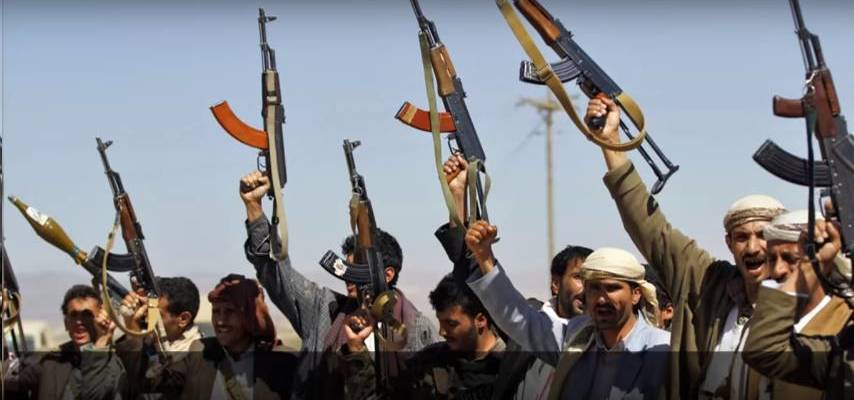Yet another Iranian-orchestrated terror plot has been exposed on European soil, this time in Denmark. When will they learn?
By: AP and United with Israel Staff
A police operation last month that briefly cut off Copenhagen from the rest of Denmark stemmed from an Iranian-government plot to kill an opposition activist, the head of Denmark’s intelligence agency said Tuesday while announcing a suspect’s arrest.
A Norwegian citizen of Iranian descent was arrested Oct. 21 on suspicion of helping an unspecified Iranian intelligence service “to act in Denmark” based on his alleged involvement in the assassination plot, Danish security service chief Finn Borch Andersen said.
Iranian foreign ministry spokesman Bahram Ghasemi said in a statement that Tehran “strongly denied” the allegations, the semi-official Tasnim news agency reported.
Borch Andersen said Denmark is working on the case “with a series of partners” in Europe. Intelligence agencies in Sweden and Norway cooperated with the arrest, he said.
The suspect was seen taking photos of the residences of members of the Arab Struggle Movement for the Liberation of Ahwaz (ASMLA) in Ringsted, a town nearly 60 kilometers (37 miles) southwest of Copenhagen, Borch Andersen said.
Tehran has blamed the group for a terror attack on a military parade in the Iranian city of Ahvaz on Sept. 22 that left at least 25 people dead. ASMLA condemned the violence and said it was not involved.
The Iranian government summoned Denmark’s ambassador after the attack and accused the Danish government of harboring members of the “terrorist group.”
‘Totally Unacceptable’
A probe by the Danish security service, known by its acronym PET, produced other evidence of illegal activity taking place in Denmark involving Iran and the opposition, he said.
Denmark’s Prime Minister Lars Loekke Rasmussen and Foreign Minister Anders Samuelsen on Tuesday both called an alleged Iranian attack in Denmark “totally unacceptable.” The country will respond and speak with European partners about “further steps,” they said in separate statements.
Samuelsen said Iran’s ambassador to Denmark, Morteza Moradian, had been summoned to the Foreign Ministry in Copenhagen and it was made “crystal clear” to him that “the gravity of the matter is difficult to describe.”
Later on, Samuelsen said that his country would recall its ambassador to Iran and push for new EU-wide sanctions against the Islamic Republic
Iran’s Global Web of Terror
During a televised press conference, Borch Andersen noted that Iran already was suspected of targeting opposition groups abroad. He cited a foiled bombing attack that targeted a June rally organized by an Iranian opposition group near Paris.
A recent report by Iranian dissidents has exposed how the Islamic Republic of Iran employs terrorist operatives abroad at their embassies, abusing the legal protection to which such employees are entitled under the diplomatic immunity doctrine.
The report details how in multiple locations around the globe, from Austria to Albania to Iraq, Iran has turned its embassies into “terrorism planning sites” to meddle in the affairs of host governments and hunt down the opposition, according to the report by the National Council of Resistance of Iran.
During a Fourth of July event this year, Prime Minister Benjamin Netanyahu revealed that European leaders had invited Iran’s President Hassan Rouhani to attend a meeting on the nuclear deal, during the same week that the Islamic regime had dispatched a terrorist cell to carry out a major attack in Paris on a dissident rally.
The commander of the cell was an Iranian diplomat in Austria. Operating on Israeli intelligence provided by the Mossad, European officials exposed the plot, and the cell members were arrested in France, Belgium and Germany.
Iran remains the world’s leading state sponsor of terrorism, the Trump administration said in an annual report in September.
The State Department’s annual survey of global terrorism accused Iran of intensifying numerous conflicts and trying to undermine governments throughout the Middle East and beyond. Iran’s “terrorist affiliates and proxies,” the report said, “demonstrated a near-global terrorist reach.”










